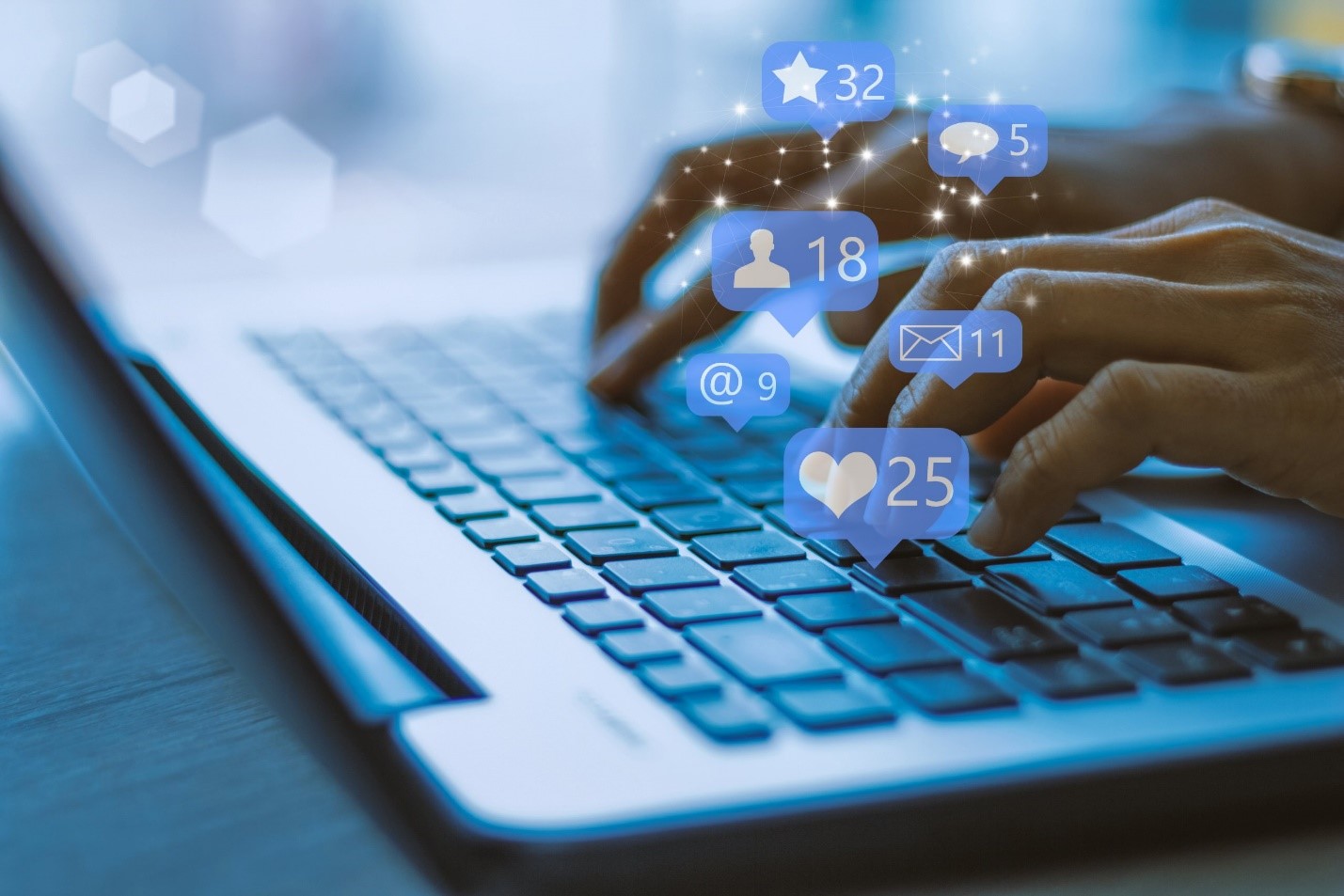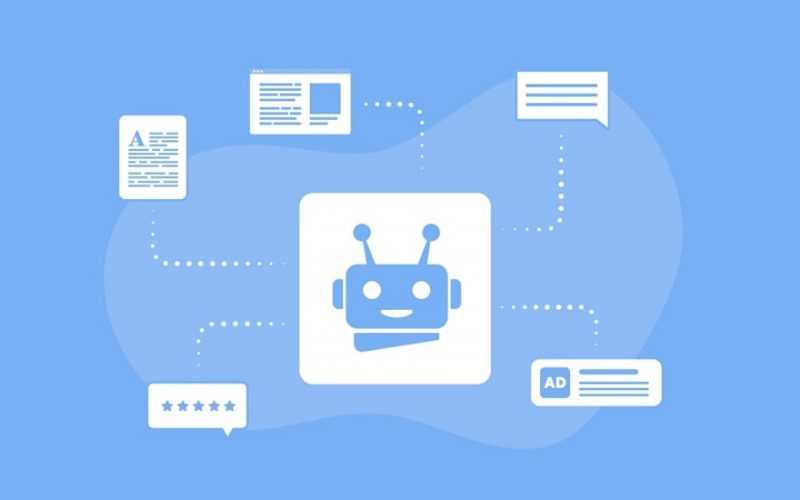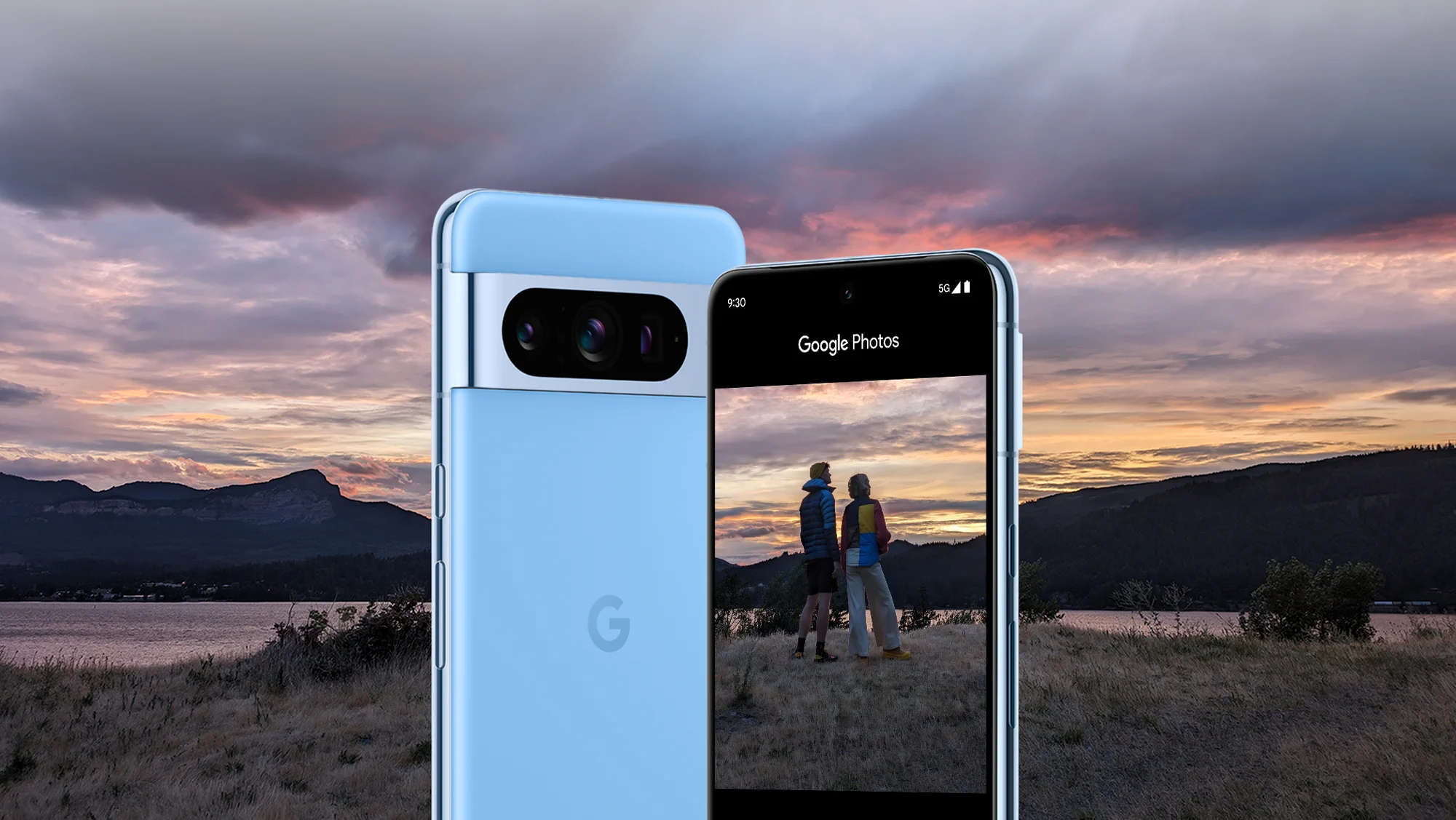In recent years, the digital landscape has undergone a significant transformation, with AI-generated content becoming a cornerstone of social media platforms. This technological advancement has not only revolutionized the way content is created and consumed but has also raised questions about authenticity, creativity, and the future of digital communication. This article delves into the rise of AI-generated content on social media, exploring its benefits, challenges, and implications for users and creators alike.
The Emergence of AI-Generated Content
AI-generated content refers to text, images, videos, and other forms of media that are produced by artificial intelligence algorithms. These algorithms, often powered by machine learning and natural language processing, can analyze vast amounts of data to generate content that mimics human creativity and expression. The rise of AI-generated content can be attributed to several key factors:
- Advancements in AI Technology: The development of sophisticated AI models, such as OpenAI’s GPT-3 and DALL-E, has enabled the creation of high-quality content that is virtually indistinguishable from that produced by humans.
- Increased Demand for Content: Social media platforms thrive on a constant stream of fresh and engaging content. AI-generated content allows for the rapid production of posts, tweets, and stories, meeting the insatiable demand for new material.
- Cost and Time Efficiency: Creating content manually can be time-consuming and expensive. AI-generated content offers a cost-effective and efficient alternative, enabling businesses and individuals to produce large volumes of content quickly and with minimal resources.
Applications of AI-Generated Content on Social Media
AI-generated content is being utilized across various social media platforms in a multitude of ways. Some of the most common applications include:
- Automated Social Media Posts: AI tools can generate and schedule social media posts, ensuring a consistent online presence. These tools can analyze user engagement data to optimize posting times and content types, maximizing reach and impact.
- Content Personalization: AI algorithms can analyze user preferences and behaviors to create personalized content recommendations. This enhances user experience by delivering relevant and engaging content tailored to individual interests.
- Chatbots and Virtual Assistants: Many businesses use AI-powered chatbots to interact with customers on social media. These chatbots can handle inquiries, provide support, and even generate personalized responses, improving customer service and engagement.
- Content Creation and Curation: AI can assist in generating blog posts, articles, and other written content. It can also curate content from various sources, presenting users with a curated feed of relevant and interesting information.
- Visual Content Generation: AI tools like DALL-E can create stunning visuals, from images to videos, that can be used in social media campaigns. These tools can produce unique and eye-catching content that captures user attention.

Benefits of AI-Generated Content
The rise of AI-generated content on social media offers numerous benefits for both users and creators:
- Scalability: AI-generated content allows for the production of large volumes of content quickly and efficiently, enabling businesses to scale their social media efforts.
- Consistency: Automated content generation ensures a consistent posting schedule, maintaining audience engagement and brand visibility.
- Personalization: AI algorithms can tailor content to individual users, enhancing their experience and increasing the likelihood of engagement.
- Cost Savings: By reducing the need for manual content creation, AI-generated content can significantly lower costs for businesses and individuals.
- Innovation: AI-generated content can push the boundaries of creativity, producing unique and innovative content that may not be possible through traditional means.
Challenges and Concerns
Despite its many benefits, the rise of AI-generated content on social media also presents several challenges and concerns:
- Authenticity: AI-generated content can sometimes lack the authenticity and emotional depth of human-created content. This can lead to a disconnect between brands and their audiences.
- Ethical Considerations: The use of AI-generated content raises ethical questions about authorship, originality, and the potential for misuse. For example, AI-generated deepfakes can be used to spread misinformation and deceive audiences.
- Quality Control: Ensuring the quality and accuracy of AI-generated content can be challenging. While AI algorithms are constantly improving, they are not infallible and can produce errors or biased content.
- Job Displacement: The automation of content creation may lead to job displacement for writers, designers, and other creative professionals. This raises concerns about the future of work in the digital age.
- Dependence on Technology: Over-reliance on AI-generated content can stifle human creativity and innovation. It is important to strike a balance between leveraging AI tools and maintaining human input.
The Future of AI-Generated Content on Social Media
As AI technology continues to evolve, the role of AI-generated content on social media is likely to expand. Here are some potential future developments:
- Enhanced Personalization: AI algorithms will become even more adept at understanding user preferences, enabling hyper-personalized content experiences.
- Improved Authenticity: Advances in AI technology may enable the creation of more authentic and emotionally resonant content, bridging the gap between human and machine-generated content.
- Integration with Augmented Reality (AR) and Virtual Reality (VR): AI-generated content could play a significant role in AR and VR experiences, creating immersive and interactive social media content.
- Ethical AI Development: As the use of AI-generated content grows, there will be a greater emphasis on ethical AI development, ensuring that content is created and used responsibly.
- Collaboration Between Humans and AI: The future of content creation may involve a collaborative approach, where humans and AI work together to produce high-quality, innovative content.
Conclusion
The rise of AI-generated content on social media represents a paradigm shift in the way content is created and consumed. While this technological advancement offers numerous benefits, it also presents challenges that must be addressed. As AI continues to evolve, it is essential to strike a balance between leveraging its capabilities and maintaining the authenticity and creativity that define human expression. By doing so, we can harness the power of AI-generated content to enhance our digital experiences and drive innovation in the ever-changing world of social media.










